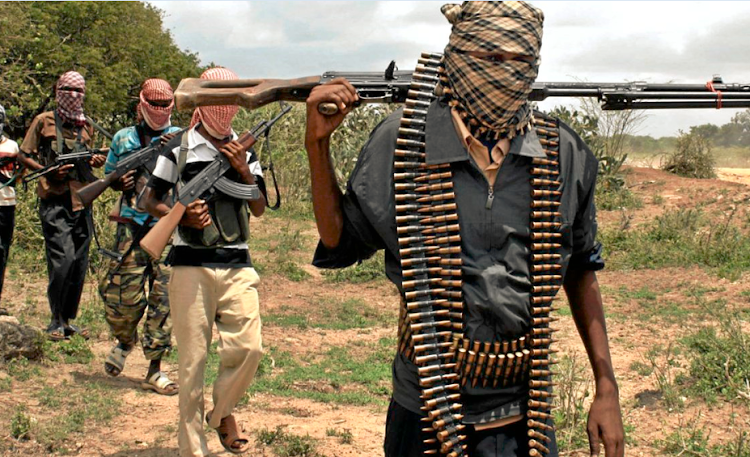A recent string of attacks in northern Mozambique signals a troubling resurgence of violence by Islamic State-affiliated militants, just as TotalEnergies prepares to resume its stalled multi-billion-dollar gas project, analysts warn.
After years of terrorising the resource-rich Cabo Delgado province, the militants vowed in 2020 to establish a caliphate in the region. Their violent campaign forced more than a million people to flee and prompted TotalEnergies to suspend its liquefied natural gas operations in 2021.
Although the insurgency was overshadowed in recent months by political unrest following the October elections, May brought a new surge in militant activity. The group targeted two military installations, claiming to have killed 11 soldiers in one raid and 10 in another. A security expert confirmed one of the attacks and estimated the death toll at 17, though Mozambican security forces have not issued a statement.
The violence escalated with two high-profile incidents in late April: a raid on a wildlife reserve in Niassa province that killed at least two rangers, and an ambush in Cabo Delgado that left three Rwandan soldiers dead. Adding to the concerns, a Russian oceanographic vessel reportedly came under attack in early May—an assault the crew described as carried out by “pirates” in a distress message, local media reported.
“Clearly there is a cause and effect because some actions correspond exactly to important announcements in the gas area,” said Fernando Lima of the Cabo Ligado conflict observatory, pointing to the $4.7 billion in funding approved by the US Export-Import Bank in March to jumpstart the LNG project.
Jean-Marc Balencie of the French-based Attika Analysis said, “The insurgents are seeing more vehicles passing by with white project managers. There’s more visible activity in the region and that’s an incentive for attacks.”
Data from conflict monitor ACLED shows at least 80 attacks occurred in the first four months of the year. The end of the rainy season, which made roads passable again, partly explains the uptick in violence.

Despite these developments, TotalEnergies CEO Patrick Pouyanne stated last Friday that the security situation had “greatly improved” while acknowledging the persistence of “sporadic incidents.”
The 2021 assault on Palma, the port town critical to the gas project, was a major turning point. The attack lasted several days, displaced thousands, and killed over 800 people according to ACLED. Journalist Alex Perry, after a detailed investigation, estimated the death toll and number of missing at more than 1,400.
In response, Rwanda deployed forces to support Mozambique’s military. Their contingent has since grown to about 5,000 troops, according to official Rwandan statements.
But a Mozambican military officer, speaking anonymously, warned that the heavy troop presence in Cabo Delgado allows militants to strike more freely in neighboring Niassa province. The attack on the tourist lodge spanning both provinces was seen as a strategic move for maximum “propaganda effect”, Lima said, as it drew more international attention than the frequent, underreported raids on isolated villages.
Many attacks on civilians, often involving beheadings, go largely unnoticed due to the remoteness of the region and a lack of official reporting.
“More than 25,000 people have been displaced in Mozambique within a few weeks,” the UNHCR said last week. This comes on top of the 1.3 million already displaced since the conflict began in 2017.
“The renewed intensity of the conflict affects regions previously considered rather stable,” noted UNHCR’s Mozambique representative Xavier Creach. In one such case, about 2,085 people fled on foot from Mbamba village in Niassa after witnessing horrific violence, including beheadings.
According to ACLED, the ongoing conflict has claimed over 6,000 lives since it erupted.


 Trending
Trending 